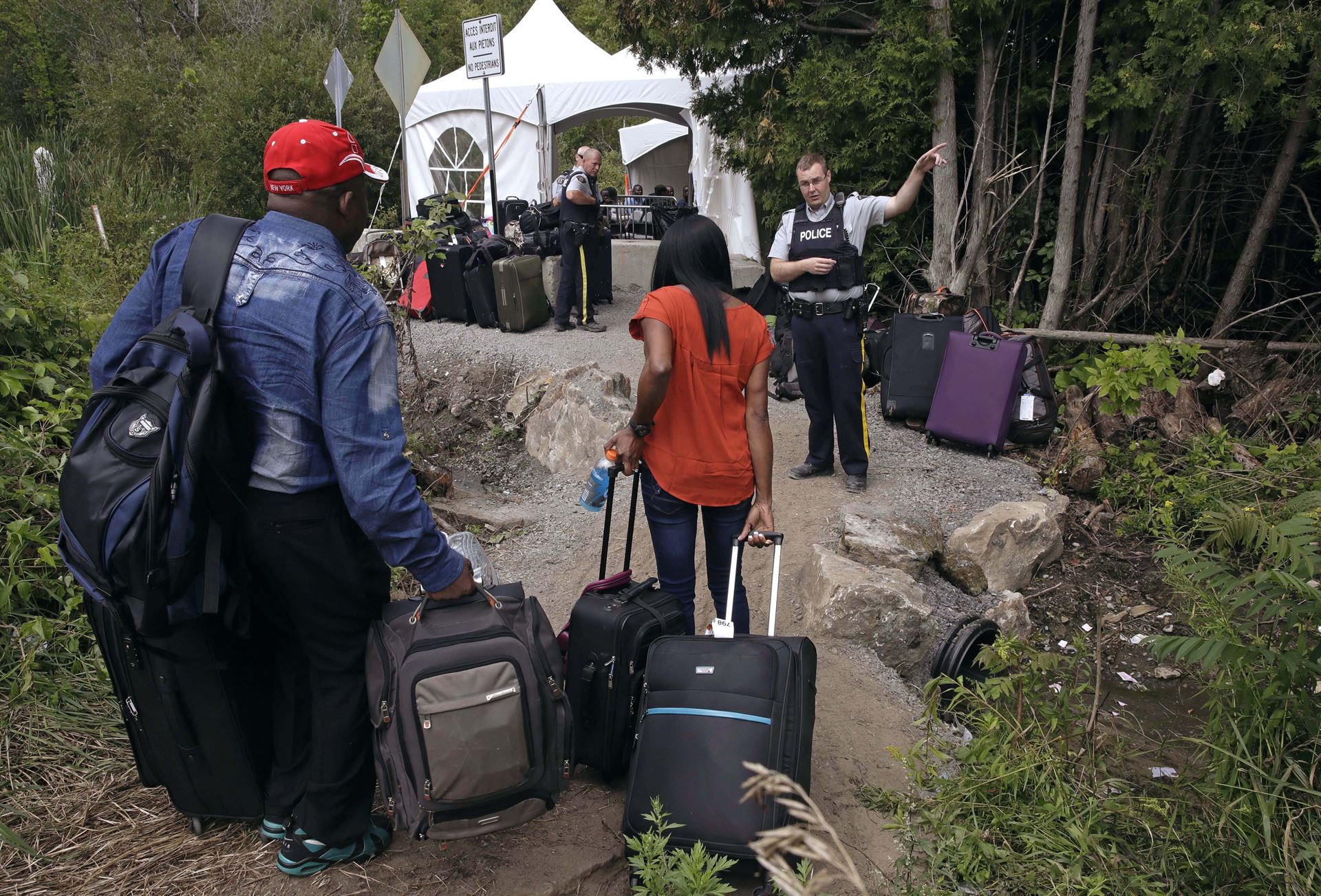
TORONTO - Canada's government is preparing to unveil a suite of measures to clamp down on temporary immigration and has no plans to follow through right now on a broad program offering status to undocumented residents, the country's immigration minister told Reuters.
"The era of uncapped programs to come into this country is quickly coming to an end. This is a big shift. You can't just slam on the brakes and expect it to stop immediately," Marc Miller said in an interview with Reuters on Thursday.
READ MORE: Canada clocks fastest population growth in 66 years in 2023
Canada has long prided itself on welcoming newcomers, and the current Liberal government has overseen a dramatic increase in the influx of new residents, especially temporary ones, as many employers struggled to fill vacancies coming out of the pandemic.
But over the past year the tide has shifted: Immigrants are being blamed for a worsening housing situation along with an affordability crisis in the country. Critics have accused the federal government of bringing in too many people.
READ MORE: Canada to reduce temporary residents, cap future intake
A Leger poll conducted in July found 60 percent of respondents said there are too many immigrants coming to Canada.
"I'm not naive enough to think Canada is immune to the waves of anti-immigrant sentiment. ... Canadians want a system that is not out of control," Miller said in a phone interview.
Canadians "want a system that makes sense. And they want one that still has a lot of welcoming aspects we've been proud of, but it's got to make sense," Miller said, predicting immigration would be "a top issue, if not the top issue, in the next election," expected to take place in late 2025.
'Backdoor entry'
The Canadian government has already outlined some measures. In January it announced a two-year cap on international students - an area of Canada's immigration system that got "overheated" and was not meant to be "a backdoor entry into Canada," Miller said.
In March the immigration minister announced Canada's first-ever cap on temporary immigration. Canada wants to reduce temporary residents to 5 percent of the total population over the next three years from 6.2 percent in 2023. That would be a cut of about 20 percent from Canada's 2.5 million temporary residents in 2023.
READ MORE: Canada extends foreign housing ownership ban by 2 years
But in its recent monetary policy report, the Bank of Canada expressed doubts that the government could meet its temporary residents goal, noting that non-permanent residents made up 6.8 percent of the country's population as of April and that "the share is expected to continue rising over the near-term."
The bank is right to say achieving this goal is a challenge, but it is a "reasonable" one given the suite of measures Canada plans to announce over the next several weeks, Miller said.
Miller would not give details but said these measures could include changes to post-graduate work permits and enforcement.
Asked if his government had made a mistake in allowing rapid growth in temporary residents, Miller said, "Every government makes mistakes. I think we are all human." But "coming out of COVID, in particular, we were facing massive labor shortages."
READ MORE: British Columbia strengthens quality for international education
Refugee influx
Meanwhile, Canada is seeing record levels of refugee claims - more than 18,000 in June, according to the Immigration and Refugee Board. This is despite government efforts to deter people by closing the land border to asylum-seekers through a contested bilateral agreement with the United States and by implementing new visa requirements for Mexicans.
Canada cannot dictate how many people file refugee claims but it can make it difficult for asylum-seekers to reach the country. Miller said the government may impose stricter criteria on temporary resident visas to prevent asylum-seekers from coming.
The government had also previously said it would pursue a regularization program to give status to undocumented residents.
That is not on the table before the election, Miller said, but he noted there is a possibility of sector-specific programs.


